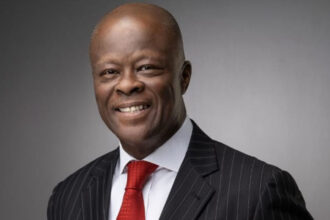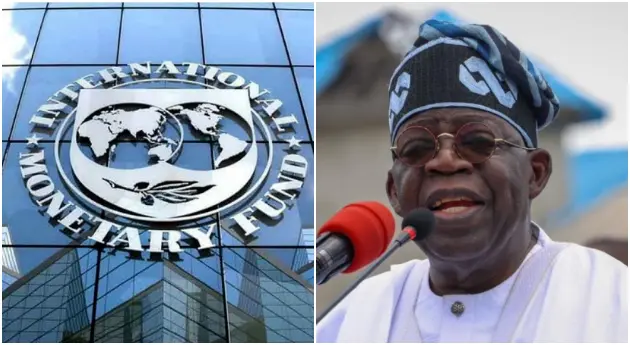A number of African countries, including Nigeria, have formally expressed interest to join the groundbreaking Battery Energy Storage Systems (BESS) Consortium, launched during the ongoing United Nations Climate Change Conference (COP28) in Dubai, which could revolutionise Africa’s energy landscape by developing advanced energy storage solutions through collaboration and innovation.
Joining the BESS Consortium, a multistakeholder partnership initiative of the Global Leadership Council, commits members to participate in efforts to reach energy storage commitments of 5 Gigawatts (GW)through the end of 2024. This will in turn provide a roadmap to ultimately achieving 400 GW of renewable energy by 2030.
Burkina Faso, Egypt, Ghana, Kenya, Malawi, Mauritania, Mozambique, Nigeria and Togo have formally expressed interest to join the Consortium. These countries are expected to receive support from BESS Consortium resource partners that include the African Development Bank, the World Bank, the Asian Development Bank, the Inter-American Development Bank, the Agence Française de Développement (AFD), Africa50 and Masdar.
Resource partners will help prepare projects, improve the regulatory environment and unlock private and public investment.
African Development Bank President, Dr Akinwumi Adesina, said, “The African Development Bank is proud to be at the forefront of this transformative journey, leveraging strategic partnerships and financial commitments to drive progress. As we move forward, let us remain steadfast in our dedication to a cleaner, greener, and more prosperous Africa—one powered by the limitless potential of renewable energy and the resilience of the African spirit. Together, we can light up and power Africa for generations to come.”
Adesina also highlighted the synergies between the BESS consortium and the bank’s flagship Desert to Power initiative.
Dr Rajiv J. Shah, President of the Rockefeller Foundation and Co-chair of the Global Leadership Council, said: “Without sufficient storage capacity, countries will be unable to add renewable energy to their grids at the scale needed to reduce emissions and create economic opportunity. The BESS Consortium is an example of the sort of big, bold action required to break down the barriers keeping so many people and communities from joining the climate transformations underway.”
Meanwhile, the African Development Bank Group has presented its planned $1 billion facility to provide insurance to more than 40 million farmers across the continent against severe impacts of climate change.
The facility was lauded by the World Food Programme (WFP), development agencies, insurance companies and the private sector during a side event at COP28 in Dubai.
Dr Adesina said the Africa Climate Risk Insurance Facility for Adaptation (ACRIFA) aims to mobilise $1 billion of concessionary financing, high-risk capital and grants to support the African insurance industry.
The Facility is designed to protect farmers and countries against catastrophic weather-related events and to stimulate private sector investment in agriculture by mitigating risks.
“We have to support farmers, not abandon them, in the face of rising frequency and intensity of extreme weather events like drought, floods and pest infestation… We need to ensure that farmers and actors along the agricultural value chain are covered by insurance at scale,” Adesina said.
He said over 97% of farmers in Africa do not have agricultural insurance.
“Their only insurance is to pray… when they plant that it will rain. Pray when they harvest that there will not be rains or pest devastation and pray when they market their crops that prices will not collapse.”
“The eyes of more than 40 million smallholder farmers in Africa are on us. Let us make ACRIFA the answer to their prayers,” the Bank President said.
Adesina said ACRIFA “will systematically support the African insurance industry to unlock financing for investments in climate-smart and green technologies.”
“It will strengthen local insurers and foster integration with national and international reinsurers,” he added.
Unveiled at the Africa Climate Summit held in Nairobi in September, ACRIFA brings together governments, development agencies, the insurance sector and the private sector.
READ ALSO FROM NIGERIAN TRIBUNE








